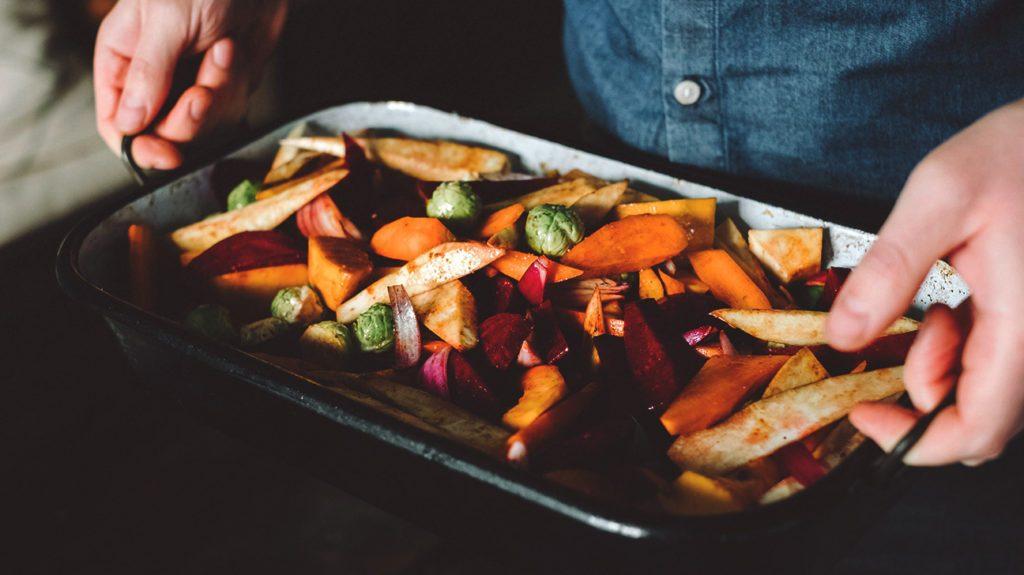When the mercury starts climbing and you find yourself itching for a juicy slice of tomato, that may be more than your taste buds talking.
It might be your body’s way of telling you the nutrients it needs.

When the mercury starts climbing and you find yourself itching for a juicy slice of tomato, that may be more than your taste buds talking.
It might be your body’s way of telling you the nutrients it needs.